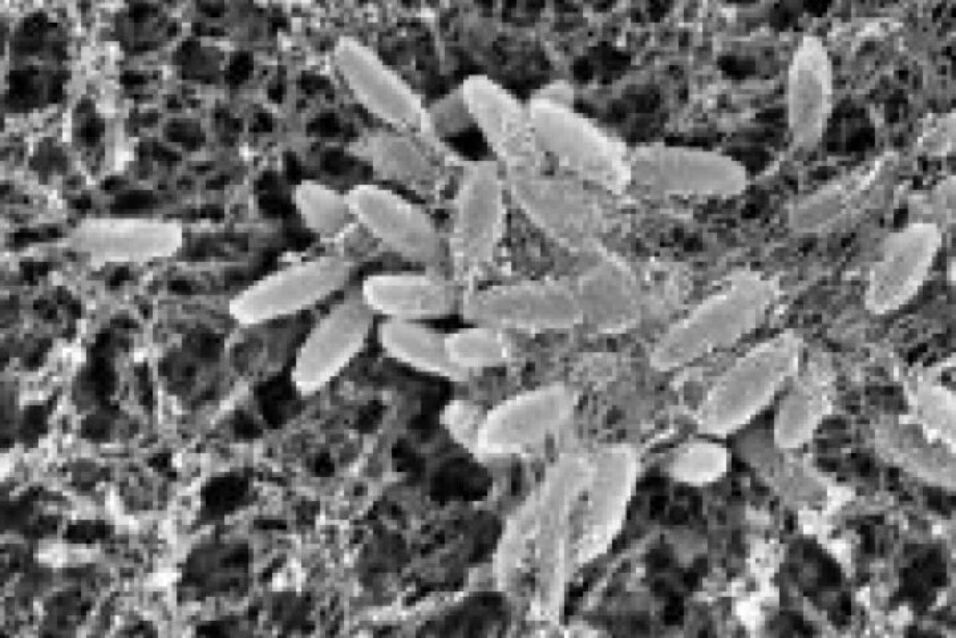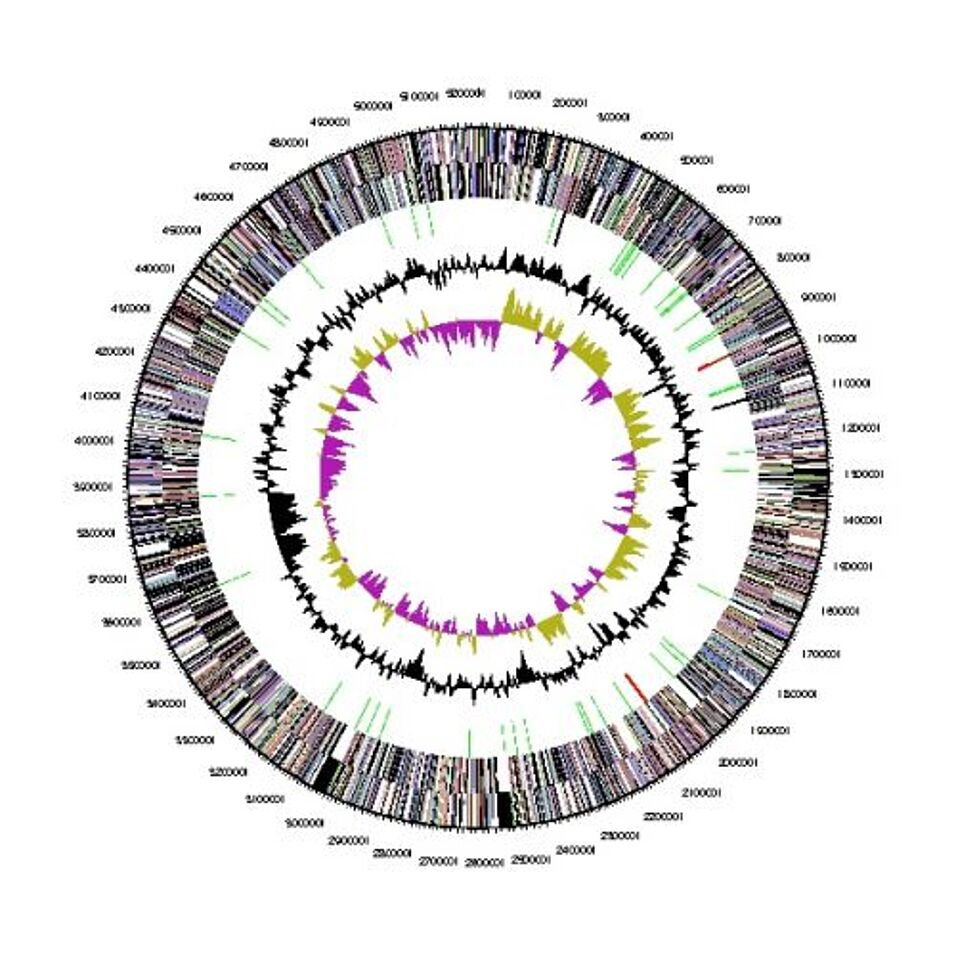However, their roles remain largely unknown due to the limited number of cultivated representatives and a paucity of information on their genetic potential (genomic and metagenomic information). The overarching goal of this project is to elucidate the ecophysiology and therefore the success and ubiquity of members of the phylum Acidobacteria in terrestrial ecosystems by combining genomic, growth-based, molecular and in situ functional analyses. Our goal is to better link the genetic potential of acidobacteria with their in situ functions in the soil.
We have a unique opportunity to analyze the genomes of multiple strains in subdivisions 1 and 3 to understand the genetic potential across representatives of these dominant subdivisions due to a successfully awarded Joint Genome Institute Community Sequencing Project. The expected scientific outcome include: (1) identify genes that help explain their ubiquity in soils; (2) develop acidobacterial primers for functional gene analysis and expression studies in environmental samples, linking genome potential with environmental function; (3) explore acidobacteria ecophysiology with growth-based and environmental in situ experiments combined with NanoSIMS analysis; and (4) develop additional cultivation/enrichment strategies to isolate additional strains in this phylum.
This project is funded by the FWF, Austrian Science Fund (project No. P 26392-B20).
Selected Publications:
Trojan D, Garcia-Robledo E, Meier MV, Hausmann B, Revsbech NP, Eichorst SA, Woebken D. 2021. Microaerobic lifestyle at nanomolar O2 concentrations mediated by low-affinity terminal oxidases in abundant soil bacteria. mSystems. 6(4): e00250-21. {doi:10.1128/mSystems.00250-21}
Giguere AT*, Eichorst SA*, Meier D, Herbold CW, Richter A, Greening C, Woebken D. 2020. Acidobacteria are active and abundant members of diverse atmospheric H2-oxidizing communities detected in temperate soils. ISME J. {doi:10.1038/s41396-020-00750-8} *denotes co-first authors. Behind the paper.
Eichorst SA, Trojan D, Huntemann M, Clum A, Pillay M, Palaniappan K, Varghese N, Mikhailova N, Stamatis D, Reddy TBK, Daum C, Goodwin LA, Shapiro N, Ivanova N, Kyrpides N, Woyke T, Woebken D. 2020. One complete and seven draft genomes sequences of subdivision 1 and 3 Acidobacteria isolated from soil. Microbiol Resour Announc 9(5): e01087-19. {doi:10.1128/MRA.010878-19}
Eichorst SA*, Trojan D*, Roux S, Herbold C, Rattei T, and Woebken D. 2018. Genomic insights into the Acidobacteria reveal strategies for their success in terrestrial environments. Environ Microbiol 20(3): 1041-1063. {doi:10.1111/1462-2920.14043}. *denotes co-first authors.
Hausmann B, Pelikan C, Herbold CW, Köstlbacher S, Albertsen M, Eichorst SA, Glavina Del Rio T, Huemer M, Nielsen PH, Rattei T, Stingl U, Tringe SG, Trojan D, Wentrup C, Woebken D, Pester M, Loy A. 2018. Peatland Acidobacteria with a dissimilatory sulfur metabolism. ISME J 12:1729-1742. {doi:10.1038/s41396-018-0077-1}
Eichorst SA, Trojan D, and Woebken D. (2017) Terriglobus. In Bergey's Manual of Systematics and Archaea and Bacteria. (eds W.B. Whitman, F. Rainey, P. Kämpfer, M. Trujillo, J. Chun, P. DeVos, B. Hedlund and S. Dedysh). doi:10.1002/9781118960608.gbm00003.pub2
Project Alumni:
- Dr. Andrew Giguere
- Katharina Zingerle
- Andrea Klocker
- Philip Huber
- Mariko Kuno
Press release:
- Press release Austria Presse Agentur. July 2021. Wie Acidobkaterien unter widrigen Bedingungen überleben.
- Press release University of Vienna. July 2021. Bacterial survival kit to endure in soil.
Public Outreach:
- Behind the paper. October 2020. Atmospheric hydrogen scavenging - part of the 'survival toolbox' in diverse soil microorganisms, including Acidobacteria
- University of Vienna, Semesterfrage. January 2020. Mikroorganismen: Artenvielfalt im Boden.
- ÖAW Junge-Akademie/Der Standard Blog. November 2019. Bodenmikroorganismen als Überlebenskünstler: Wie schaffen die das?
- ÖAW Junge-Akademie/Der Standard Blog. May 2018. Bodenmikroorganismen sind wahre Überlebenskünstler
- University of Vienna, KinderUni (2014-current)
Investigated by:
- Woebken D
- Eichorst S
- Trojan D
- Maritsch K



